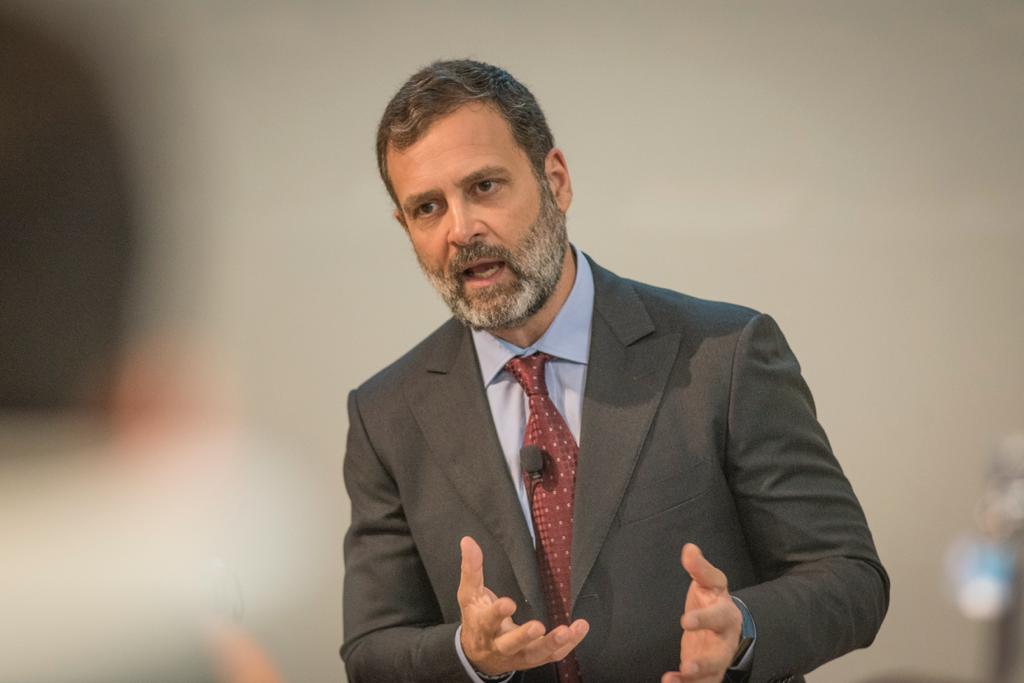
SC plea questions law that disqualified Rahul Gandhi as MP after conviction

A day after Congress leader Rahul Gandhi was automatically disqualified as a Lok Sabha MP following his conviction in a defamation case, a Kerala-based activist filed a plea in the Supreme Court on Friday (March 24), challenging the constitutional validity of Section 8(3) of the Representation of the People Act, 1951, which warrants this disqualification.
PhD scholar and social activist Aabha Muralidharan has argued in the Public Interest Litigation (PIL) that Section 8(3) is ultra vires of the Constitution since it curtails free speech of an elected MP or MLA and is in stark contradiction to sub-section (1) of Section 8 and sections 8A, 9, 9A, 10, 10A, and 11 of the 1951 Act.
Muralidharan has pleaded that the nature and gravity of the offence and the role of the accused must be examined while considering disqualification. She has submitted that the Act’s intent was to disqualify elected members convicted of serious or heinous offences.
Also read: Disqualification aftermath: Rahul Gandhi’s second coming
The Lily Thomas verdict
The activist has also stated that the Lily Thomas judgment (2013) of the Supreme Court, which struck down Section 8(4) of the Act, is being misused. Earlier, Section 8(4) gave convicted legislators three months to appeal against a conviction. After that verdict, a legislator stands automatically disqualified the moment s/he is sentenced to two years or more in prison.
“The operations of Lily Thomas are being blatantly misused for wreaking personal vengeance in political parties and the present scenario provides a blanket disqualification, irrespective of the nature, gravity, and seriousness of the offences … which is against the principles of Natural Justices, since various convictions are reversed at the appellate stage…,” the petition stated.
The plea has also sought that conviction under Section 499 IPC (which criminalises defamation) or any other offence that carries a maximum punishment of two years will not automatically disqualify any sitting MP or MLA since it violates freedom of speech and expression of an elected representative.
Also read: Rahul Gandhi’s conviction | Will challenge Surat court’s ‘erroneous’ judgment: Congress
She has submitted that “…Section 8(3) is promoting a platform for false political agendas to be pursued by different political parties in the name of disqualification…”
Rahul Gandhi’s case
The Representation of the People Act says that a person sentenced to two years or more in prison shall be disqualified from the date of conviction and remain disqualified for another six years after serving time.
On Thursday (March 23), a Surat court sentenced Gandhi to two years in prison after holding him guilty under IPC sections 499 and 500 in a 2019 criminal defamation case. He was granted bail, though, and the court suspended the sentence for 30 days to allow him to appeal in a higher court.
In April 2019, Gandhi had remarked while addressing a rally at Karnataka’s Kolar, “How come all the thieves have Modi as the common surname?” BJP MLA Purnesh Modi had lodged a defamation complaint against him.
(With agency inputs)

